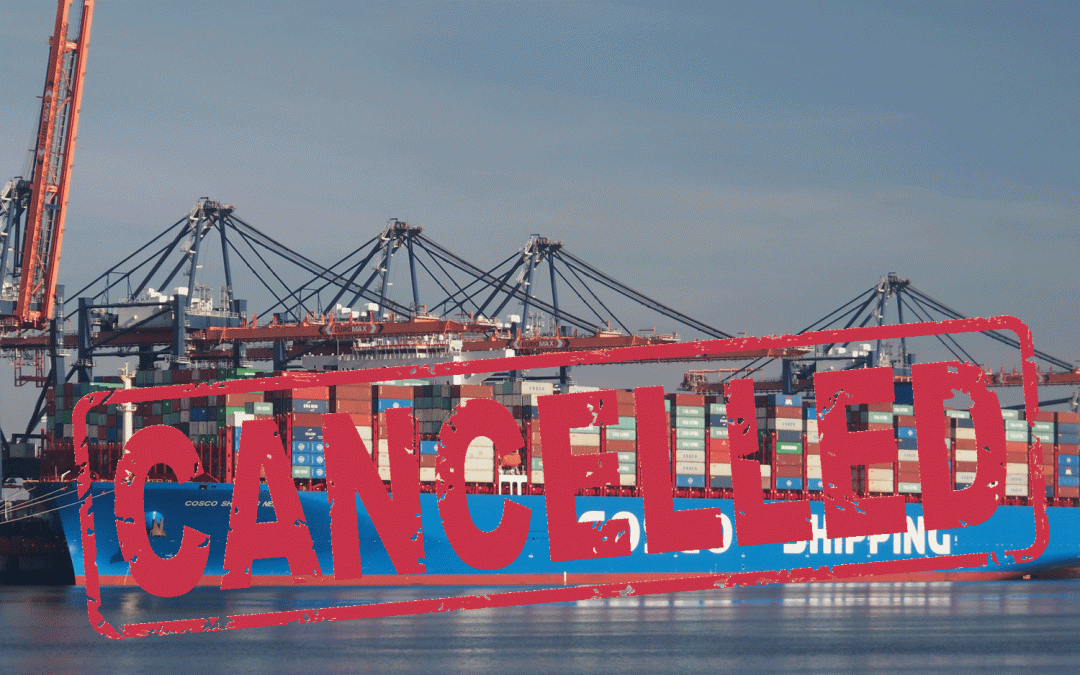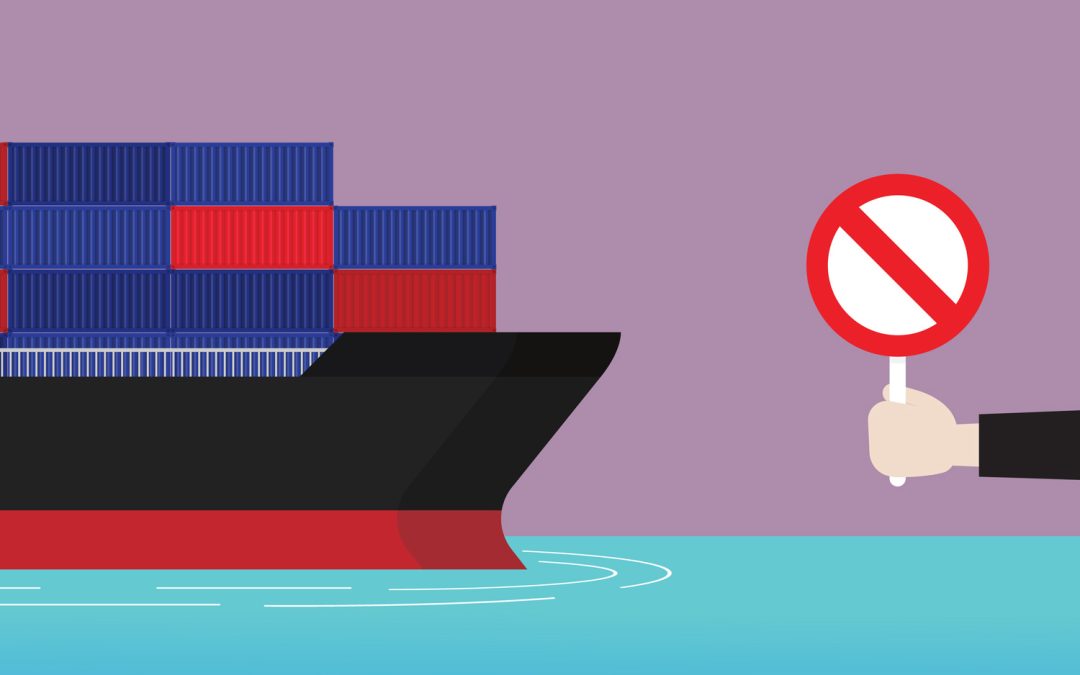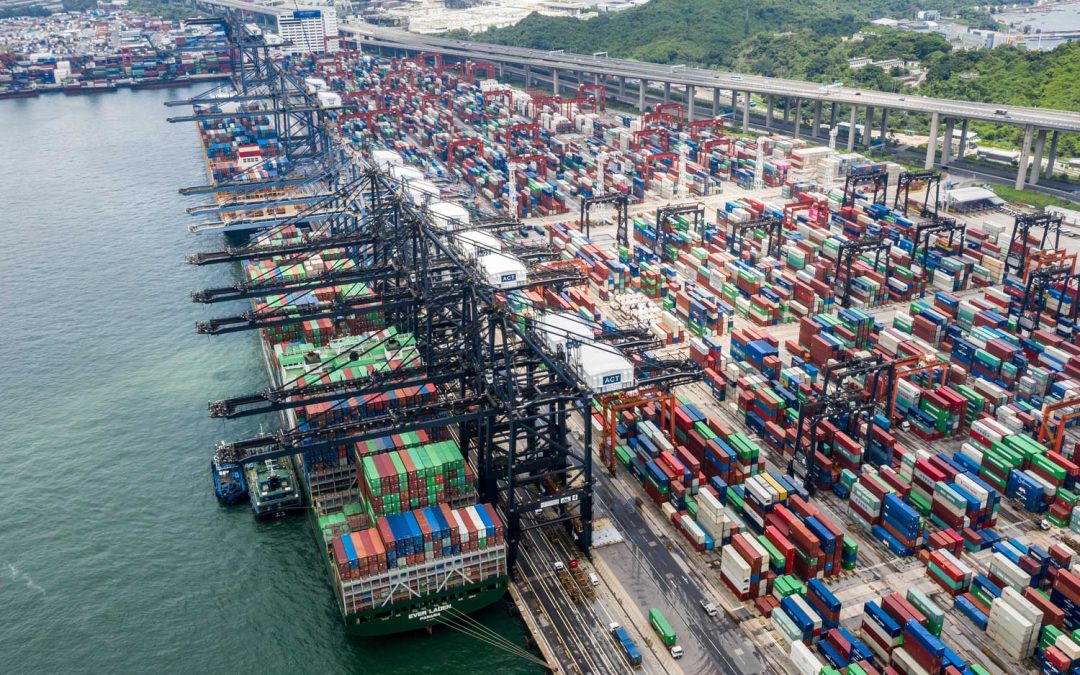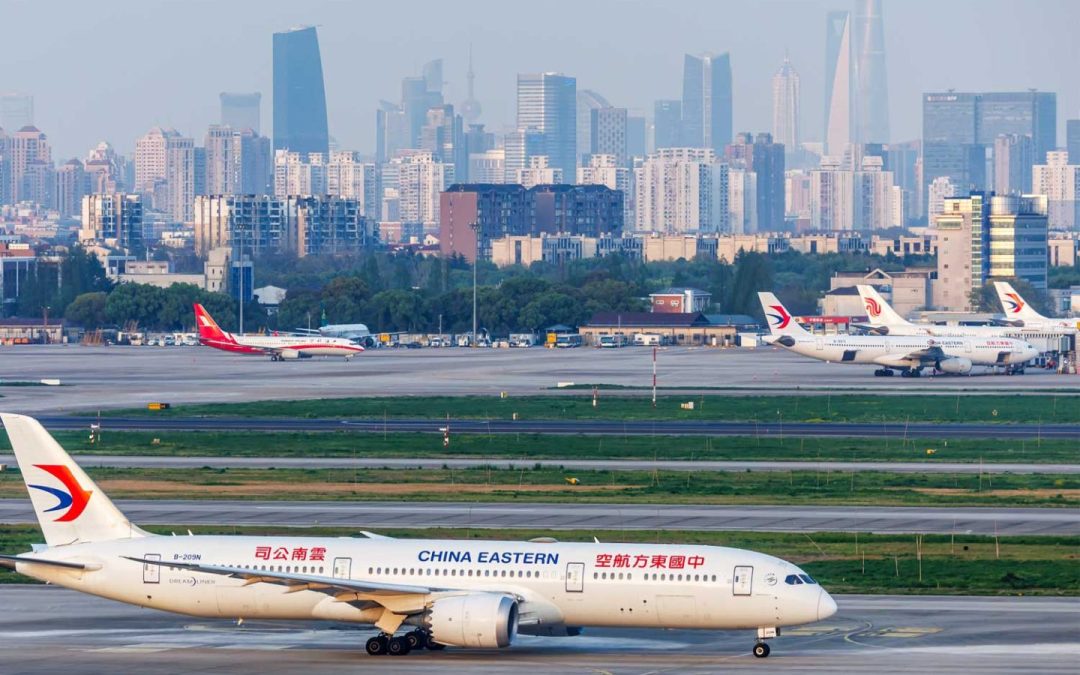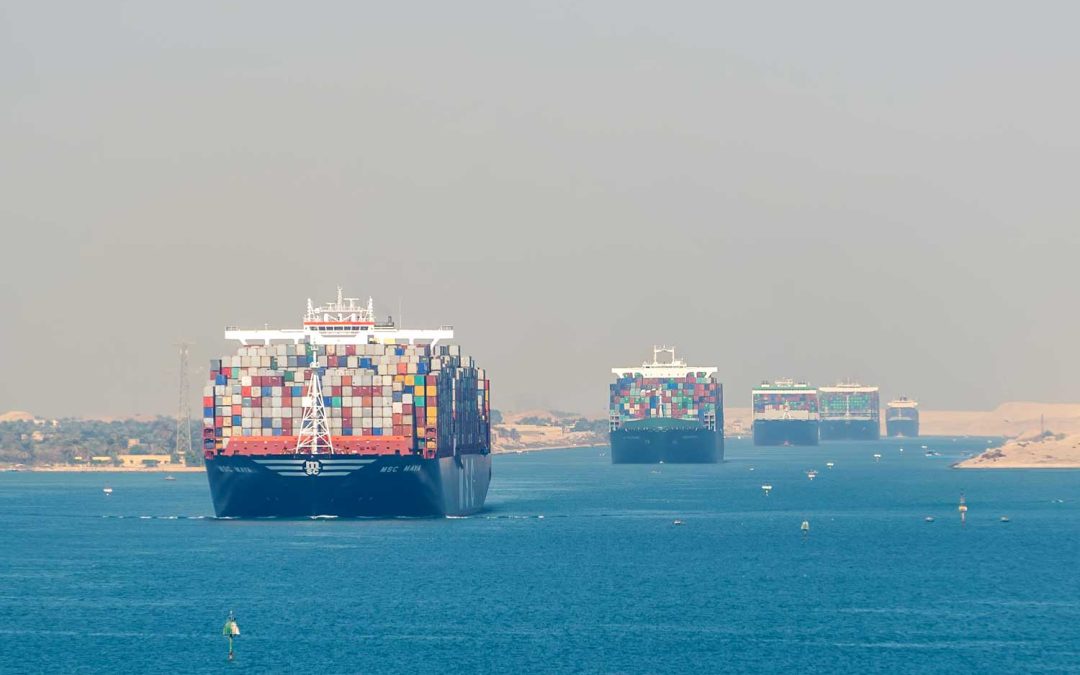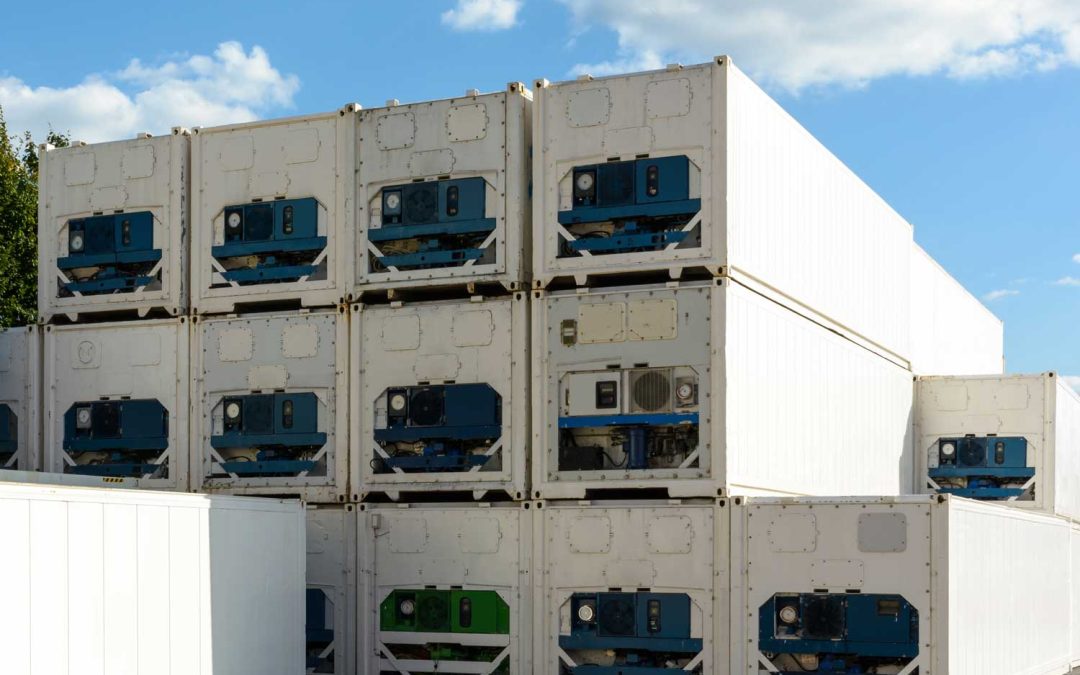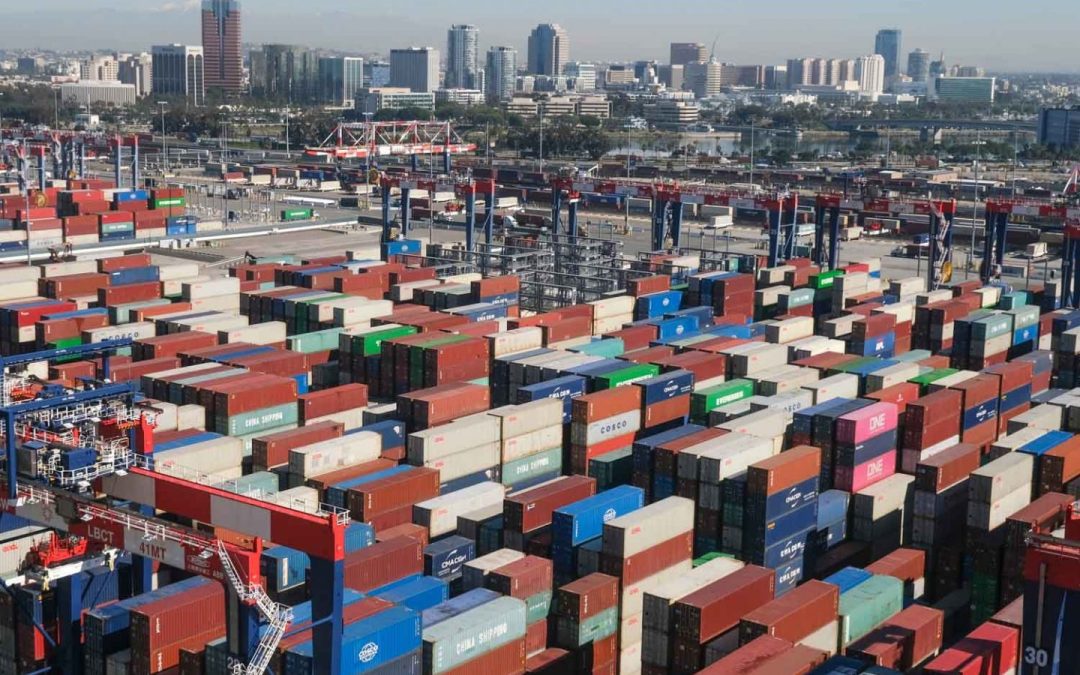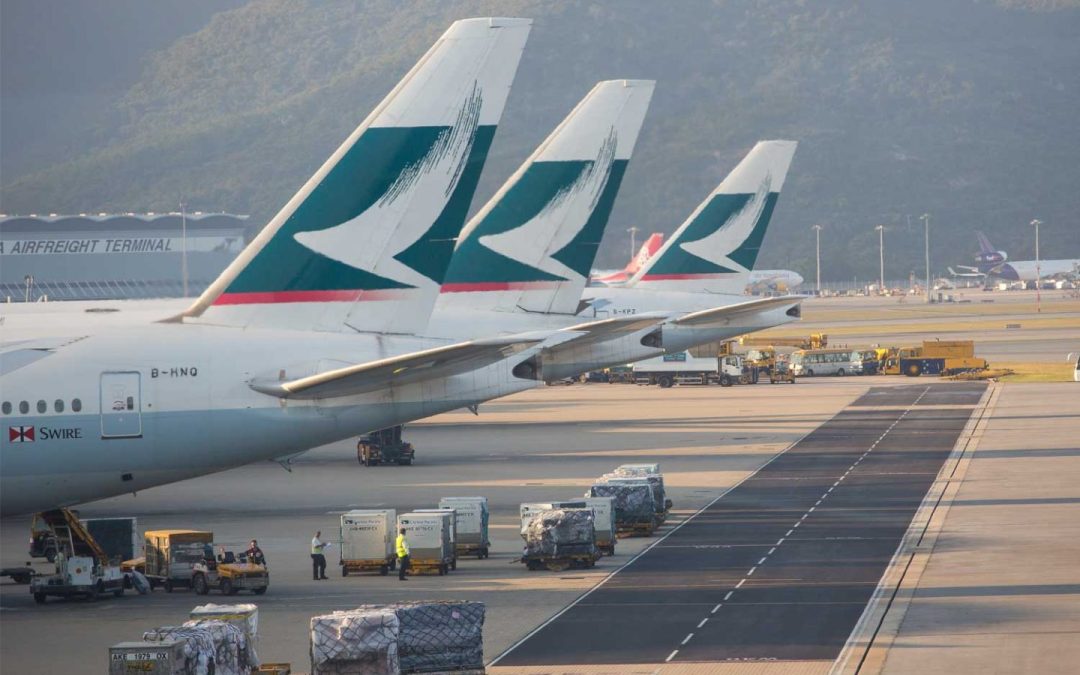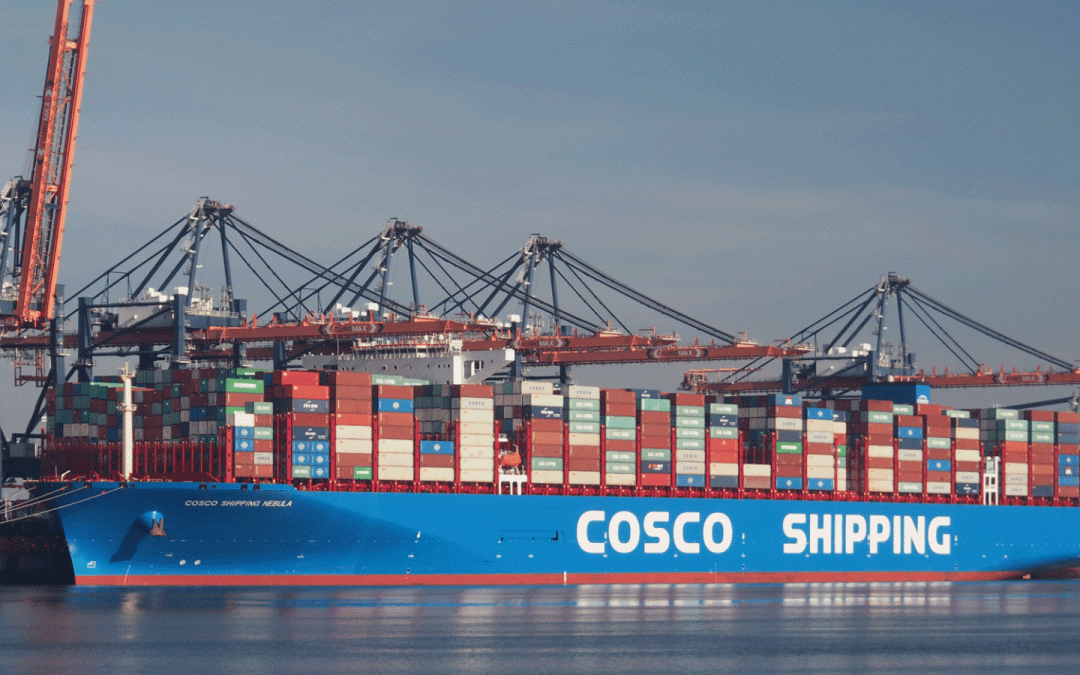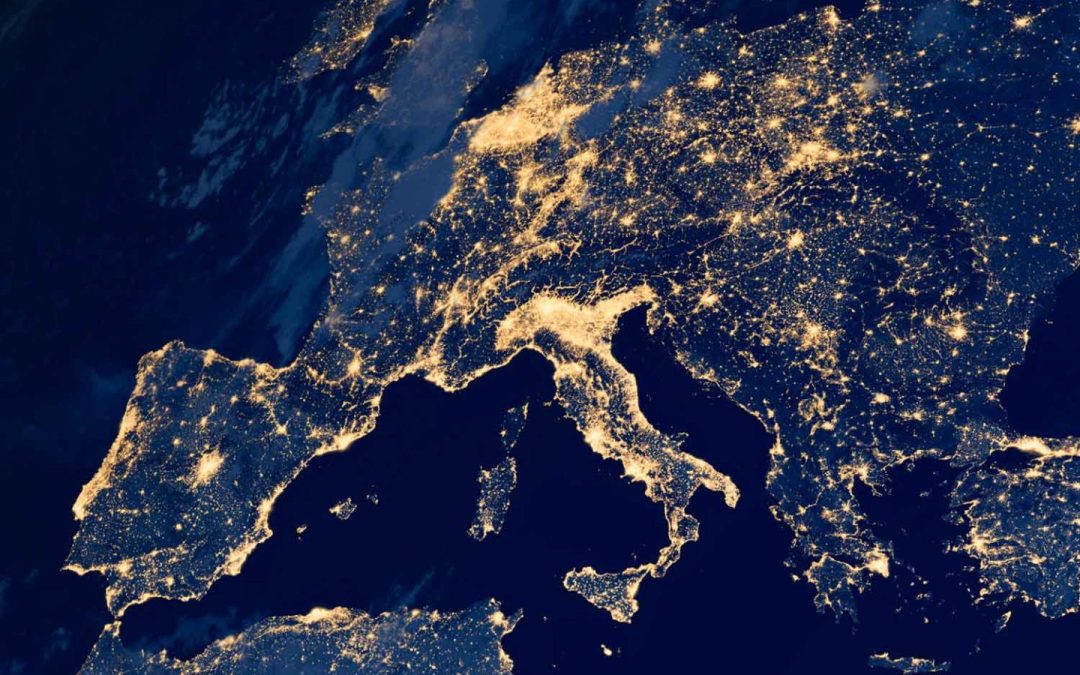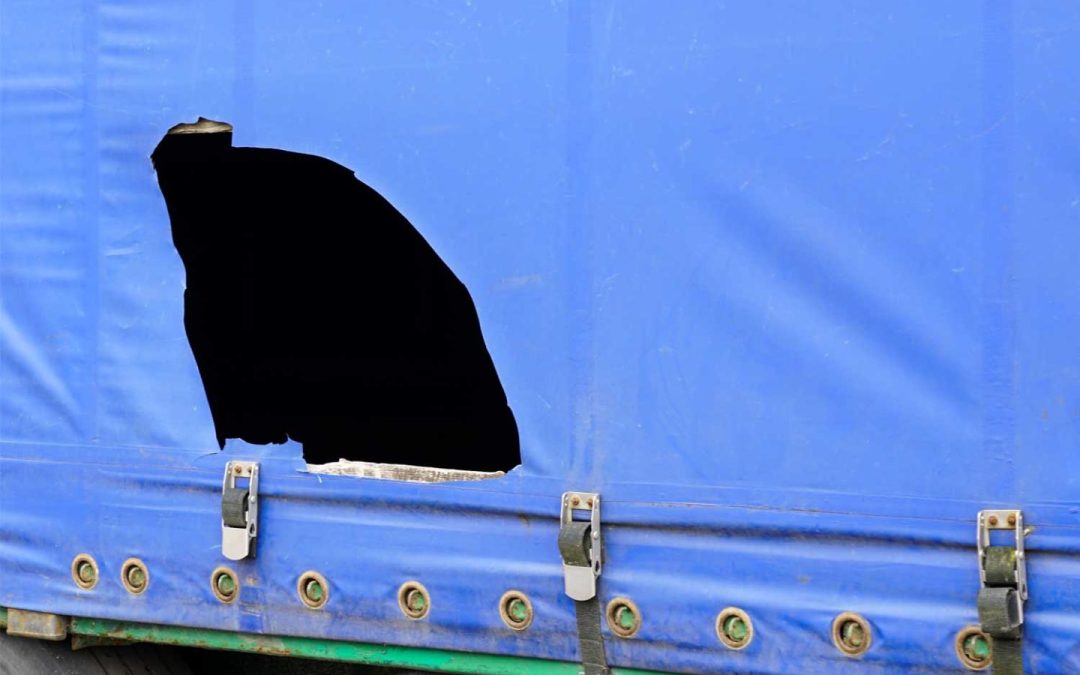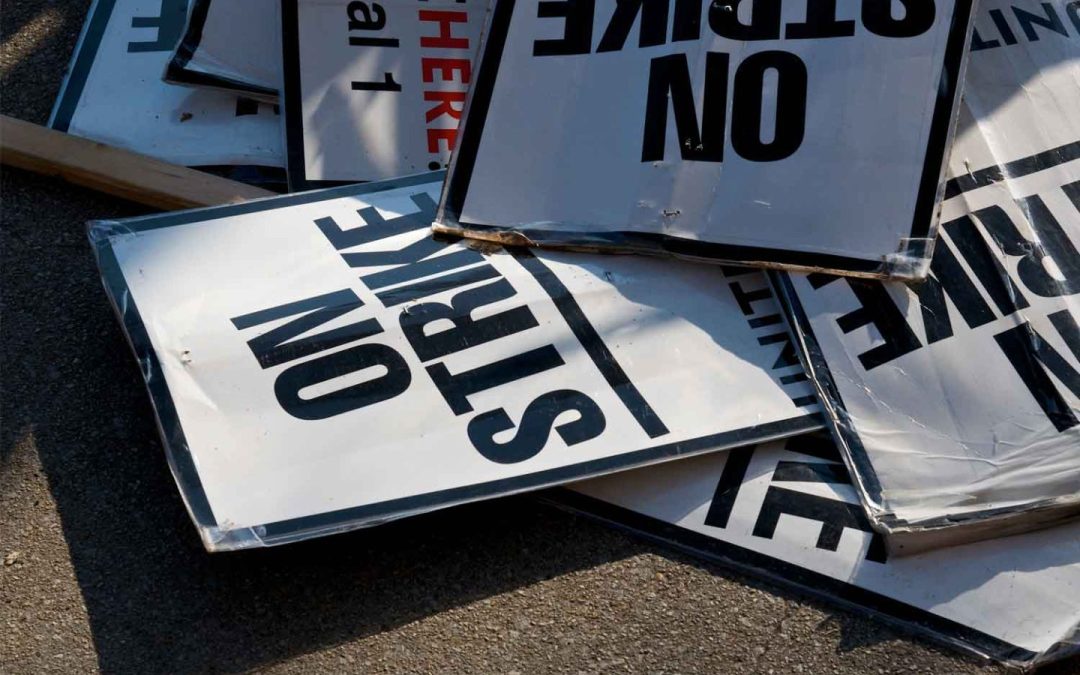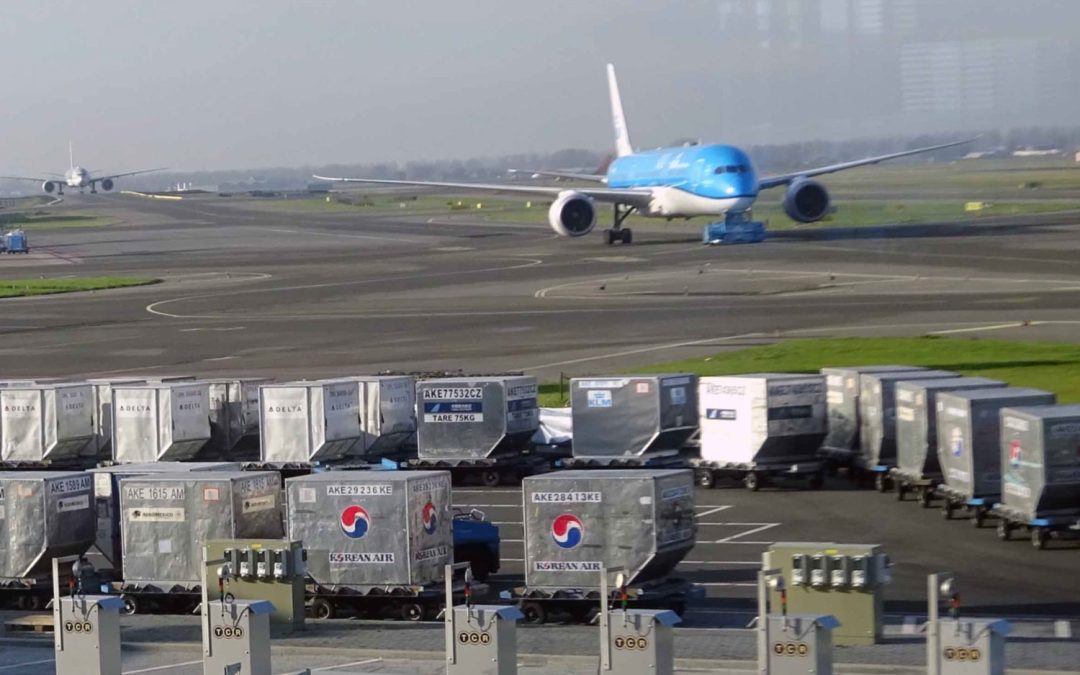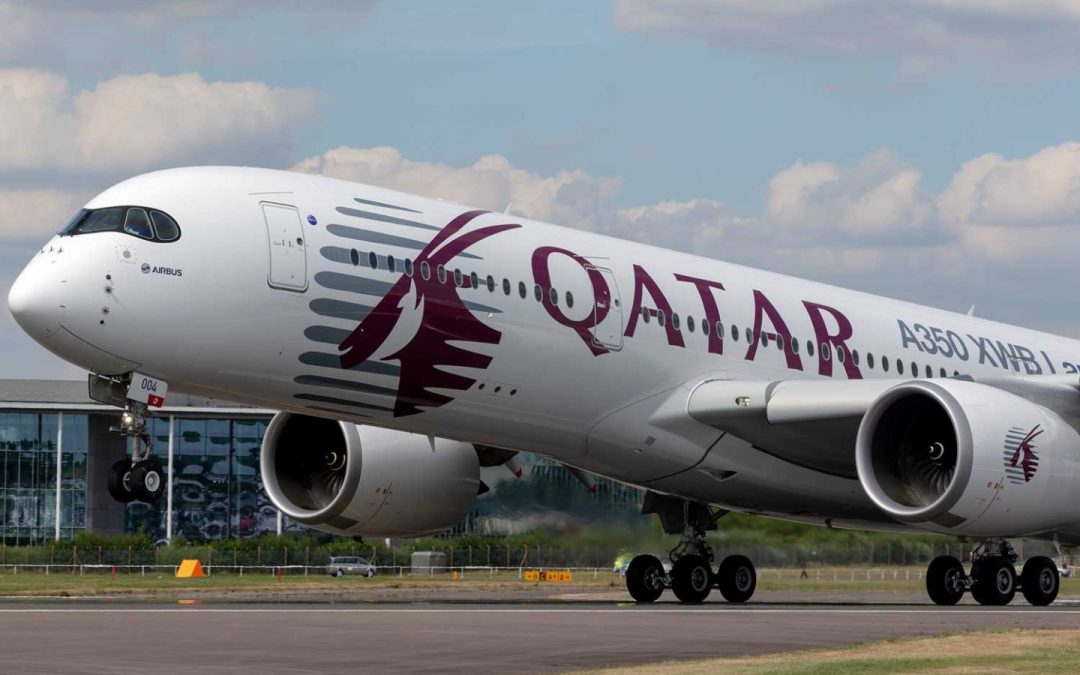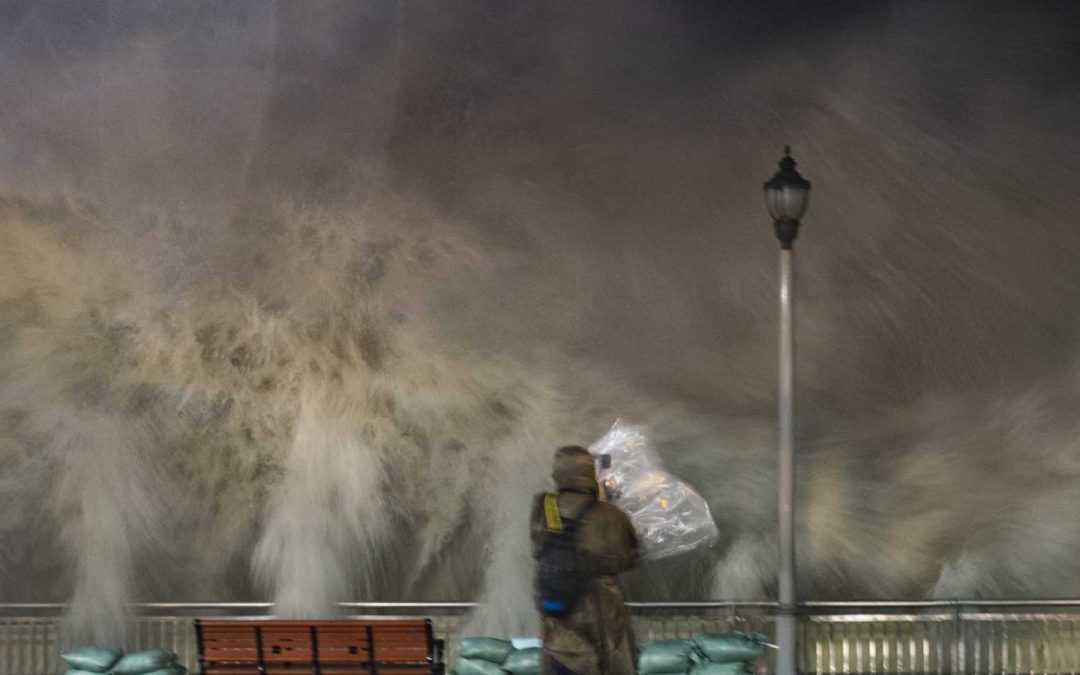Supply Chain
Metro simplify and optimise the most demanding and complex supply chains, with market-leading technology that put you in total control.
M+
Purchase
Orders
K
Customer
Vendors
+
Linked
Countries
Supply chain management
- N Tailored Solutions
- N PO/SO management
- N End-to-end visibility
Freight management
- N 3PL and 4PL models
- N Dedicated teams
- N Sustainability programme
MVT Platform
- N Dashboard controlled
- N Automated KPI/SLA reporting
- N Fully integrated data platform
Learn more

Supply Chain News & Insights
Blanked sailings surge as congestion and reliability continue to constrain capacity
Container shipping capacity remains under pressure as carriers increase blanked sailings, schedule reliability weakens and port congestion ties up vessels across key gateways. According to maritime researchers Drewry, 136 sailings were cancelled in February across the transpacific, Asia–Europe and transatlantic…
Customs is the bottleneck in global trade — Metro is removing it
The Global Trade Observatory Outlook 2026, based on insights from more than 3,500 senior supply chain executives globally, delivers a clear message: customs is now the single biggest operational constraint in global trade. According to the report: At a time…
Pre-CNY sea freight reliability is breaking down at origin
Chinese New Year 2026 falls on Tuesday, 17 February, marking the start of the Year of the Fire Horse. While the official public holiday in China runs from 17–23 February, the operational impact on global supply chains is far longer….
Air freight markets firm as Chinese New Year front-loading reshapes early-year demand
Air freight markets have entered the new year on firmer footing than many expected, with volumes rebounding sharply through January as shippers accelerate movements ahead of earlier-than-usual Chinese New Year factory shutdowns. While underlying demand remains uneven, front-loading has concentrated…
Carriers pause plans to restore Suez routes
Hopes of a return to Red Sea and Suez Canal transits are fading again as renewed security threats from the potential resumption of Houthi attacks inject fresh uncertainty into global container shipping. While some carriers had begun cautiously testing the…
Refrigerated container market update
While headline capacity and rate volatility have eased, equipment positioning, schedule reliability and geopolitical uncertainty continue to shape outcomes for temperature-controlled chemical cargo. Reefer demand remains structurally resilient. Unlike typical consumer goods, temperature-sensitive chemicals, additives and intermediates move within mission-critical…
Cautious CNY trans-Pacific surge
The trans-Pacific sea freight market is entering 2026 with pre-Chinese New Year volumes rising earlier than usual, spot rates climbing sharply and carriers leaning on capacity discipline to manage risk. Despite Chinese New Year falling later than usual this year,…
Air freight volumes rebound and rates adjust post-peak
Average east-west spot freight rates strengthened into December as peak-season demand lifted pricing, and while they eased back over the year-end, early January data shows a sharp rebound in demand. Outbound air freight rates from Asia rose firmly into December,…
Disciplined capacity management shaping CNY sea freight
As Chinese New Year approaches, sea freight markets from Asia to Europe and the United States are being shaped less by price competition and more by carrier control. This year’s seasonal peak has arrived earlier than normal, with demand pulled…
UK supply chain policy is reshaping shipper risk and resilience
Government support for supply chains is increasingly being framed as a matter of national capability rather than short-term intervention. That shift was made explicit in June 2025, when the government’s Modern Industrial Strategy earmarked £600m for logistics sites, signalling that…
GB Global backs major Liverpool distribution centre
GB Global, Metro’s holding group, is supporting the development of a new 950,000 sq ft multi-user distribution centre in Speke, Liverpool, reinforcing the group’s ability to handle growing and more complex freight flows. The 50 acre site will accommodate a…
Asia–Europe peak season meets Chinese New Year
As the Asia–Europe trade moves deeper into peak season, Chinese New Year (CNY) is already reshaping pricing, capacity and execution risk. What was once a predictable seasonal slowdown has become a compressed, high-impact period where demand surges, capacity is tightly…
Smart 2026 supply chains are being engineered for pressure
Supply chains are no longer judged on efficiency alone, in 2026 they will be expected to anticipate disruption and adapt at speed to actively support growth. The experience of the past year confirmed that stability is no longer a realistic…
Rising Freight Crime Sparks Industry, Government and Police Action
Road haulage operators are on high alert as criminal activity peaks during the dark winter months, with investigations revealing how organised gangs are posing as legitimate operators, buying haulage companies, and infiltrating supply chains to steal trailer loads. The scale…
Port Labour Disputes Ease as Carriers Adjust Capacity
North European ports are recovering from a turbulent October marked by strikes, slowdowns, and strategic capacity withdrawals that continue to test vessel schedule reliability across major trade lanes. In Rotterdam, port operations normalised following the end of a strike on…
Continued Airfreight Growth Amid Emerging Challenges
Global air freight markets have continued to post positive year-on-year growth through September and October, reinforced by stronger than anticipated build up to peak season volumes, but recent indicators point to a moderating pace and emerging challenges that merit close…
When the Suez Canal Comes Back Online: Hidden Risks for Supply Chains
With hopes rising of stabilising conflict in the Red Sea region, analysts are increasingly considering what it would mean if shipping lines resume full use of the Suez Canal route, and it’s not all good news. While the shorter route…
One Minute Late, Thousands Lost: U.S. Customs Tightens Enforcement Across All Modes
In U.S. trade compliance, even a one-minute delay can be costly. Recent cases show importers and logistics partners facing thousands of dollars in penalties simply because mandatory filings were completed moments after official cut-off times. U.S. Customs and Border Protection…
Airfreight Cools; Growth Still Building
Even though air cargo is easing back after a brisk summer, global tonnages rose in the third quarter, with eCommerce redrawing lanes and hub dynamics, while UK airport expansions point to a more connected decade ahead. Worldwide air cargo tonnages…
Blank Sailings, GRIs and a Typhoon Disrupt Asia Shipping
Shippers moving goods out of Asia are bracing for the tightest space and schedule disruptions as the major container shipping lines accelerate blank sailings in the lead-up to China’s extended Golden Week holidays. Following weeks of tentative planning, lines have…
Ex-China Airfreight: Turbulence and Transformation
For shippers moving goods by air into Europe and the US, the peak season has arrived with a complexity not seen in recent years. As flights are cancelled and rates trend sharply upward, a fundamental reshaping of the marketplace is…
Case Study
Action, reaction
This luxury car brand has been a supply chain customer for many years. Their cars are in demand globally, with markets constantly expanding and new markets continuously being added.
As a strategic partner, Metro participates in business planning and contributes to the preparation that ensures the supply chain operates efficiently for growing markets and new mainland Europe facilities as they come on stream.
In the last 12 months Metro has supported growth in global export volumes from factories and has developed supply chain solutions for a major new manufacturing plant in Shanghai, which encompassed the temporary export of vehicles to the UK for testing and global exports from the new factory.

